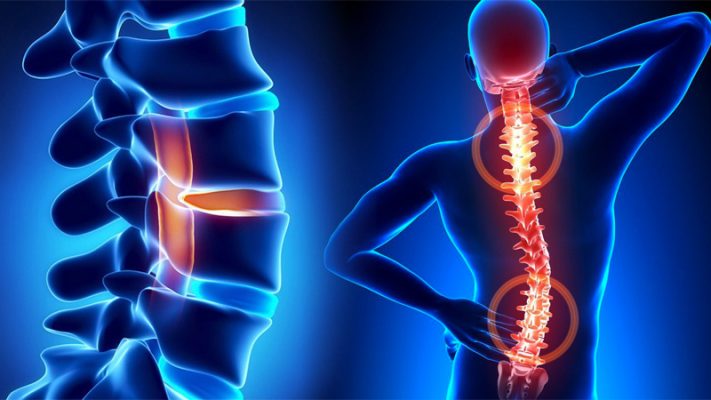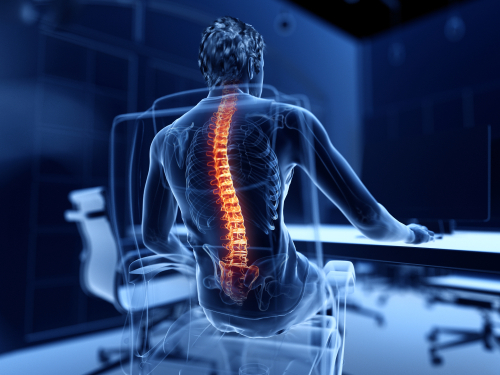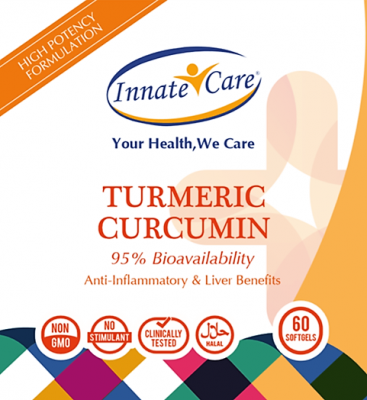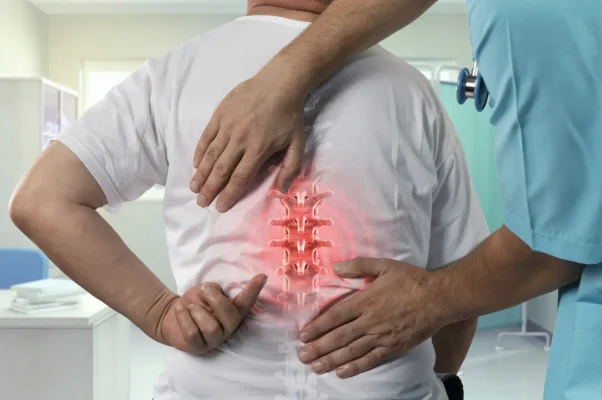No products in the cart.
Pain Management, scoliosis
Spinal Disc Degeneration
Spinal Disc Degeneration
Spinal disc degeneration is a condition involving gradual wear and tear to the discs, joints and bones of the spine. This is caused by the natural wear and tear of ageing. These changes found in the spine can eventually lead to pressure being placed on the spinal cord and nerves. Consequently this is how slipped or herniated discs occurs.
Here are some examples:
- Slipped or herniated discs
- Osteoarthritis (Cartilage wear and tear at spinal joints
- Spinal Stenosis (Space around spine narrow)
- Adult scoliosis ( Spinal curvature )
- Spondylolisthesis (In and out movement of vertebrae)
Spinal disc degeneration is as natural as ageing itself. Typically found in older adults after the age of 40. Even if symptoms cannot be found, 5% of adults can lead to back pain. Some factors are found to increase your chances of spinal degeneration. Some of these factors include:
- Acute injuries such as falling
- Obesity
- Biological sex ( More commonly found in Women )
- Smoking
- Working a physically demanding job
4 stages of degenerative disc disease:
Dysfunction:
- Disc has begun to degenerate and develop mild to moderate pain. That is to say in this stage the spine may start to take damage from activities such as walking or sitting down. In this stage, a change of physical structure, specifically the curvature of the spine occurs. The curve of the spine is meant to hold the weight of the body. When these changes occur, it compromises the efficiency of which it can support your body weight.
- While the pain does not define the stage of this condition. This stage leaves the person with a higher chance in developing slipped herniated discs. Going for check ups is therefore encouraged. As an early diagnosis can save a person from a lot of pain and inconveniences.
Dehydration:
- At this stage the pain is developed to moderate pain. Your spinal discs begin to dry out causing them to lose flexibility and cushion. The spine will continue to shift and change in terms of curvature. The pain in the spine will become worse as a result.
- Spinal discs are gel-like filled with moisture. In this stage it will begin to lose its hydration. Leading to losing its cushioning and therefore less efficient in absorbing shock. Because of this, the bones in your spine will start to rub against each other. This may impact one another as there is less cushioning. Over a period of time, the effects of such impact will start to show through signs of pain.

Stabilisation:
- In this stage your spine attempts to correct itself in response to the changes in physical structure from the first 2 stages. This stage typically leads to further deformation. This can lead to spinal stenosis and more severe pain. That of which is experienced on a daily basis. Neuropathy may onset and the numbing and tingling sensations may be experienced.
Collapse:
- The discs will continue to shrink, and the bones in your spine may continue to impact one another. Severe pain is experienced in this stage of degeneration. The damage can be irreversible, so we want to avoid and prevent our spines from reaching this stage. The spinal pain experienced from the inflammation and strain will be daily.
Symptoms:
Symptoms of spinal decompression includes:
- Spinal deformity
- Neck & Back pain
- Numbness and tingling in arms and legs
- Worsen with sitting, bending or lifting.
- Limited motion
- Pain
- Come and goes, lasting for weeks or months at a time
- Sharp/Chronic
- Static and in motion
- Nerve injuries
- Weakness
- Sensory loss
- Bladder and bowel function problems
- Dysfunction of sexual organs
Causes:

Here are a few factors that can cause spinal disc degeneration:
- Age:
- Your discs have a natural padding and cushion made up of 80% water. This water-like coating allows your discs to absorb shock. When it drys out due to ageing , consequently shock is harder to absorb. Experts estimate about 9 out of 10 people experience signs of disc degeneration by age 60.
- History of injury:
- Family history of spinal disc degeneration increases your chances of developing it.
- A lifestyle with physical demands:
- Twisting
- Bending
- Lifting
- Sitting: Sitting for long periods of time can lead to back problems. It is encouraged to take breaks in between such long periods to move about .
- Smoking:
- Studies have shown that smoking increases your chances of spinal disc degeneration. If you already have it, smoking can make it worse.
- Alcohol
Prevention & Pain Management
Here are a few ways in which you can help prevent and manage your spinal disc degeneration.
- Maintaining a healthy weight:
- Those that face an unhealthy weight range, can strain your back. Therefore Increasing your chances of nerve damage and pain. Maintaining a healthy weight range helps with overall health, and removes such risks. Therefore, increasing your chances of managing the symptoms and condition.
- Massages:
- Helping loosen any muscle knots on your back, can help offer temporary relief. Including this within your physical therapy will be helpful in the prevention and maintenance of the body.
- Posture:
- Being mindful of your posture while you stand and sit is good practice. This helps keep your body in alignment and eases its workload. Therefore preventing back pain.
- Exercise:
- Exercises that encourage the strengthening and stretching of your back muscles. Therefore, will be useful in the prevention and maintenance of your spine.
Therapy Programs And Interventions
Our consultants will tailor a program specially for you by diving into understanding your lifestyle. From your circadian cycle, your diet to the physical demands of work that you go through. We will not only help you recover but also equip you with the tools necessary to prevent further aggravations in the future.
We will be able to provide interventions to correct any muscle tension and joint restrictions while prescribing the right exercises to support recovery. Such exercise will be able to help create good habits for the patient, as well as educate them through first hand experience.

This therapy program is specially made for Slip Discs. This advanced rehabilitative equipment is able to release stress and create negative pressure for the back providing pain relief.
Decompression therapy works by gently stretching your spine, giving the herniated disc a chance to slip back into their intended slots. This does not only help realign your spine, but also provides an alternative to surgery.
We are proud to say that this non-invasive method has also helped benefit one of our patients who was paralyzed from the waist down. – see our video with Mr Ho!

With 11 essential ingredients, Innate Care Physio Aid Joint Health supplements maximises the absorption of all essential nutrients into your joints and bones. Allowing a healthy growth of cartilage and bones. Containing antioxidants and anti-inflammatory ingredients, you will face a reduction in joint inflammation and pain.

Innate Care: Turmeric Curcumin offers superior curcumin absorption compared to other turmeric brands. With its patented formula, it has the highest concentration of curcumin resulting in 48x more absorption. This helps with join support, cartilage formation, anti-inflammation, liver detoxification and cholesterol regulation.
CALL US FOR INQUIRIES: 6223-7170

